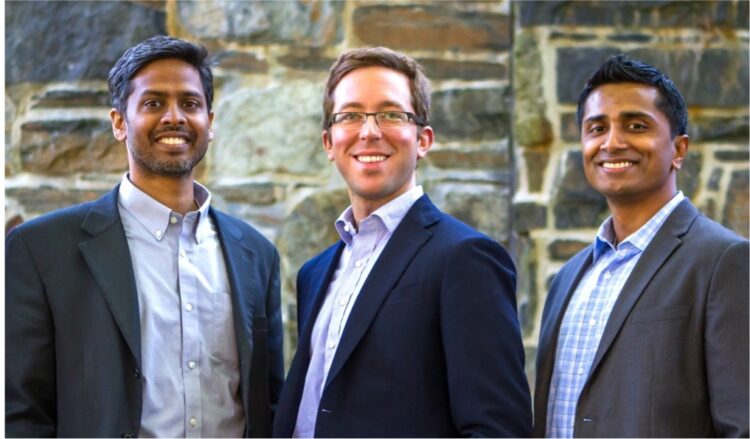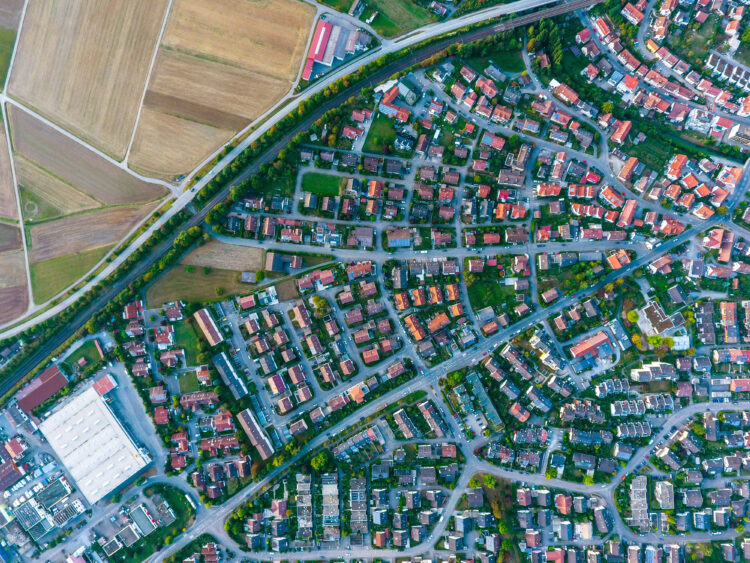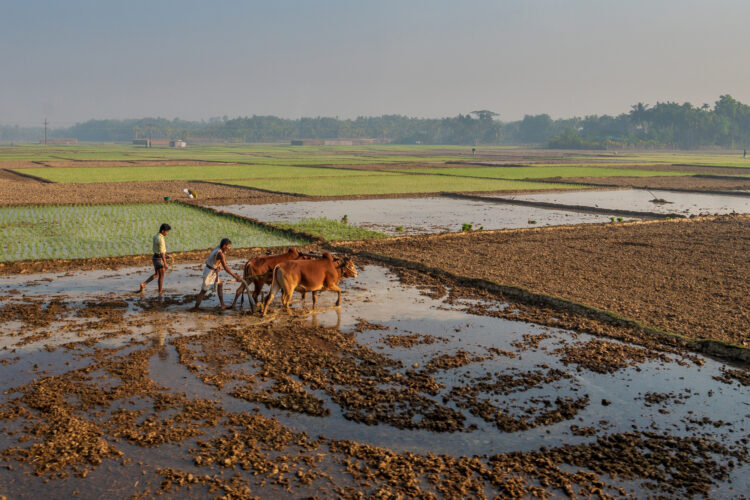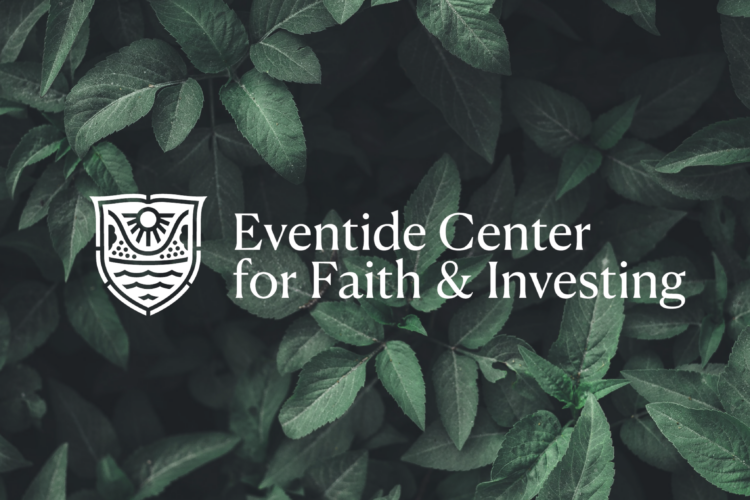Our “from the Eventide desk” series highlights personal stories and perspectives from members of the Eventide team.
For me, it started on our would-be camping trip last August.
The “walk-in” site that I had booked turned out to be a quarter-mile uphill hike from our parking spot, and my husband winced as he came gingerly back down after hauling up the first load. “I can’t do this, babe. My hip just hurts too much.”
Initially, we thought it was an orthopedic injury, but as the weeks passed, we slowly learned the horrifying truth: lung cancer, stage four, with metastases all over. The hip tumor was just the first to have symptoms; others followed. Rodney’s hip bones were no longer strong enough to support his body weight; he needed a cane to prevent them from fracturing. (He still got a fracture.)
I watched my young, strong, healthy husband dying before my eyes on a trajectory so rapid that, by my nauseating estimate, it would lead to a funeral by spring. The path from an actual diagnosis to starting a treatment plan was achingly slow, delayed by a Thanksgiving holiday that we spent in the hospital while my mother looked after our two blessedly clueless small children.
Meanwhile, I couldn’t stop thinking about a presentation I had seen in 2018 from an Eventide analyst about precision oncology. It explained that our cells have on-and-off switches called kinases, which regulate processes such as cell division, differentiation, and death. The genetic code that provides the blueprint for each cell includes specific instructions, known as “proto-oncogenes,” that, when mutated, become “oncogenes”–encoded instructions for broken kinases that cause various kinds of cancer.
I remembered the picture of a kinase family tree, with little red circles all over it showing how standard chemo destroys almost every kind of kinase with a “dirty bomb” effect that causes immense collateral damage. I had understood for the first time, seeing that presentation, the literal truth of the saying that chemo is poison, given with the hope of killing the cancer before the poison kills the person.
And then, on the next slide, a kinase family tree with red circles on just one tiny branch illustrated the targeted impact of a new precision cancer treatment. As you can imagine, hitting only the broken kinases, not those doing their jobs properly, means fighting cancer without damaging the body’s healthy processes. This kind of breakthrough was one of many current and future medical possibilities brought into being by the Human Genome Project, completed in the early 2000s.
With all of this in my mind, from the moment we learned that Rodney had an aggressive, incurable cancer, my fervent prayer was for one with a targeted treatment available. Otherwise, we were looking at an average lifespan of two years with traditional chemo. But with test results delayed by the Thanksgiving holiday and his symptoms rapidly worsening, we were prepared to move forward with a course of chemo.
Then, less than an hour before the first infusion, we got a call from the oncologist: Rodney was in the <5% of lung cancer patients with the ALK driver mutation. There were targeted treatments available–more than one. Suddenly we were looking at an average lifespan of five to seven years–and many more breakthroughs can happen in seven years.
A few days later, we were celebrating the arrival of a precious box of pills, taking pictures like celebrity selfies but with an added sense of awe and wonder. We know that the hopes of so many others have been part of its story: the doctors, the researchers, the investors, the patients and caregivers, building knowledge upon knowledge, all the way back to the very beginning of human history, the discovery of fire and the invention of the wheel.
Holding that box, I believe that I hold the blessing of God, coming through the hands of so many imperfect but precious people just like you and me. It’s astonishing and powerful to realize that, in my own life and work, I also participate in creating new transformational and illuminating blessings like this for other people facing similarly inky darkness.
Just as it was hard to believe the change in Rodney’s health from July to Thanksgiving, it’s hard to believe the change from Thanksgiving to now. Those pills are dramatically shifting what the future might hold for our family. We are watching him go from death’s door to once again being full of life.
After a few weeks on the medicine, he needed the cane less and less as his bones strengthened and he started regaining energy. After a month, he could again put the chairs on the table to mop underneath. A few weeks later, he had the energy to put our toddler to bed–although, to be fair, not quite enough energy to resist the temptation to stay in the dark, lying on the floor, chatting with a small boy whose ability to delay bedtime knows no limits.
Those moments have an even more irresistible sweetness now for both of us. Life has tilted in a weird, topsy-turvy way. Paul Kalanithi, who traveled the lung cancer road himself, said it well in his book When Breath Becomes Air:
Many things are the same as before, but our perspectives have shifted, and many things look and feel different. Some of it is frightening, but much of it is very good. We have more appreciation for those little moments with our children and each other; we treat each other with more kindness and gratitude; we take fewer things (friends, our marriage, the future) for granted. We have our eyes sharply focused on gratitude for the good.
And we are grateful to the investors in Eventide who have participated in creating this joy for our family and others like us. More than one of the companies involved in Rodney’s diagnosis and treatment options have been Eventide holdings. There’s no version of “thank you” big enough to express what we mean. The plain words will have to carry the weight of all the extra kindness we show to ourselves, each other, and the world; all of the extra cuddles with our children, and guidance and wisdom and spaghetti-all-over-the-floor dinners; every extra milestone reached; every gifted day that we have the privilege of stewarding–the weight of all that glory is carried by this short phrase:
Thank you.

















